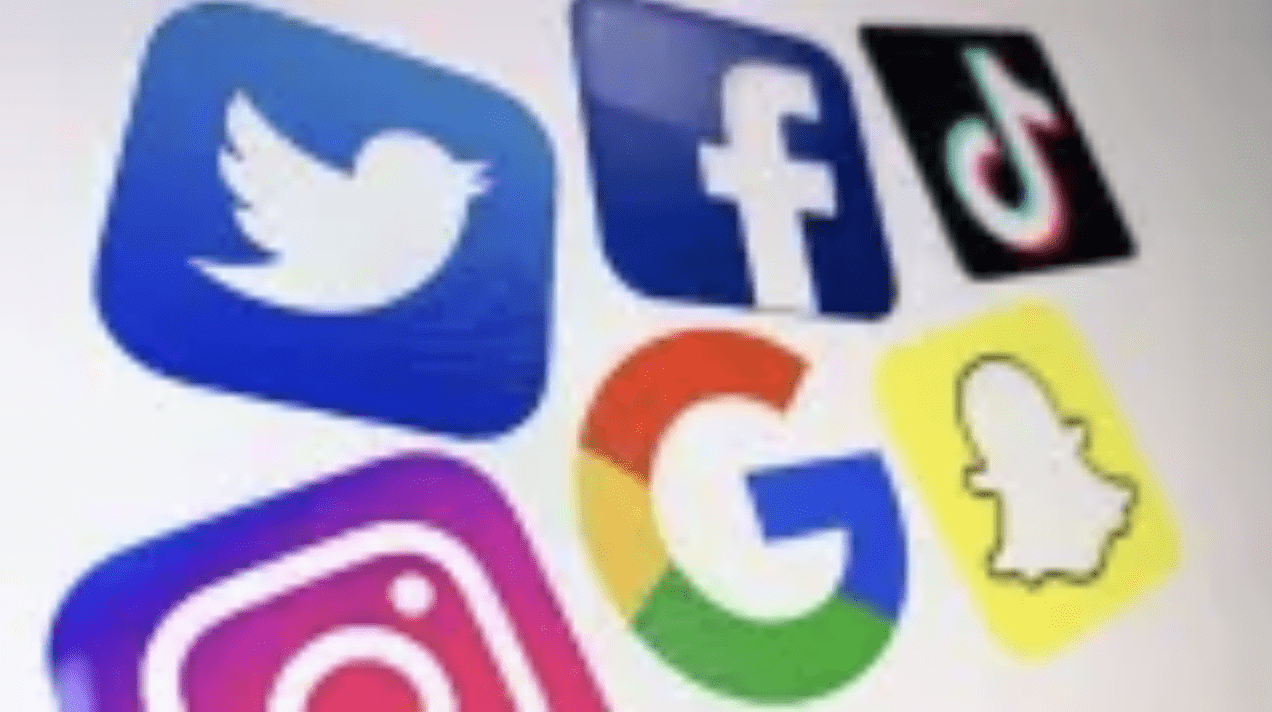April 29, Jared Schroeder, associate professor of journalism at SMU Dallas and a specialist in Frist Amendment issues, for a commentary explaining how social media regulations passed in Europe often are adopted world-wide — including in the U.S. where crafting internet law has been difficult in the partisan atmosphere. Published in The Hill under the heading A new EU law will influence US free speech more than Elon Musk : https://bit.ly/3knjqys
Elon Musk reached an agreement on Monday to purchase Twitter after criticizing the platform for failing to reach its free speech potential. If the deal holds, he has promised to take the company private, which means he and those he hires will control what free speech looks like on the site. But Musk’s $44 billion purchase ultimately might not be the biggest news when it comes to free speech on the internet.
On April 23, European lawmakers passed the Digital Services Act (DSA), the European Union’s most recent attempt to rein in big tech firms such as Apple, Google and Meta. The law, which is expected to take effect in 2024, essentially enforces European values regarding free expression, corporate responsibility and fostering a pluralistic society.
Continue reading “A new EU law will influence U.S. free speech more than Elon Musk”



